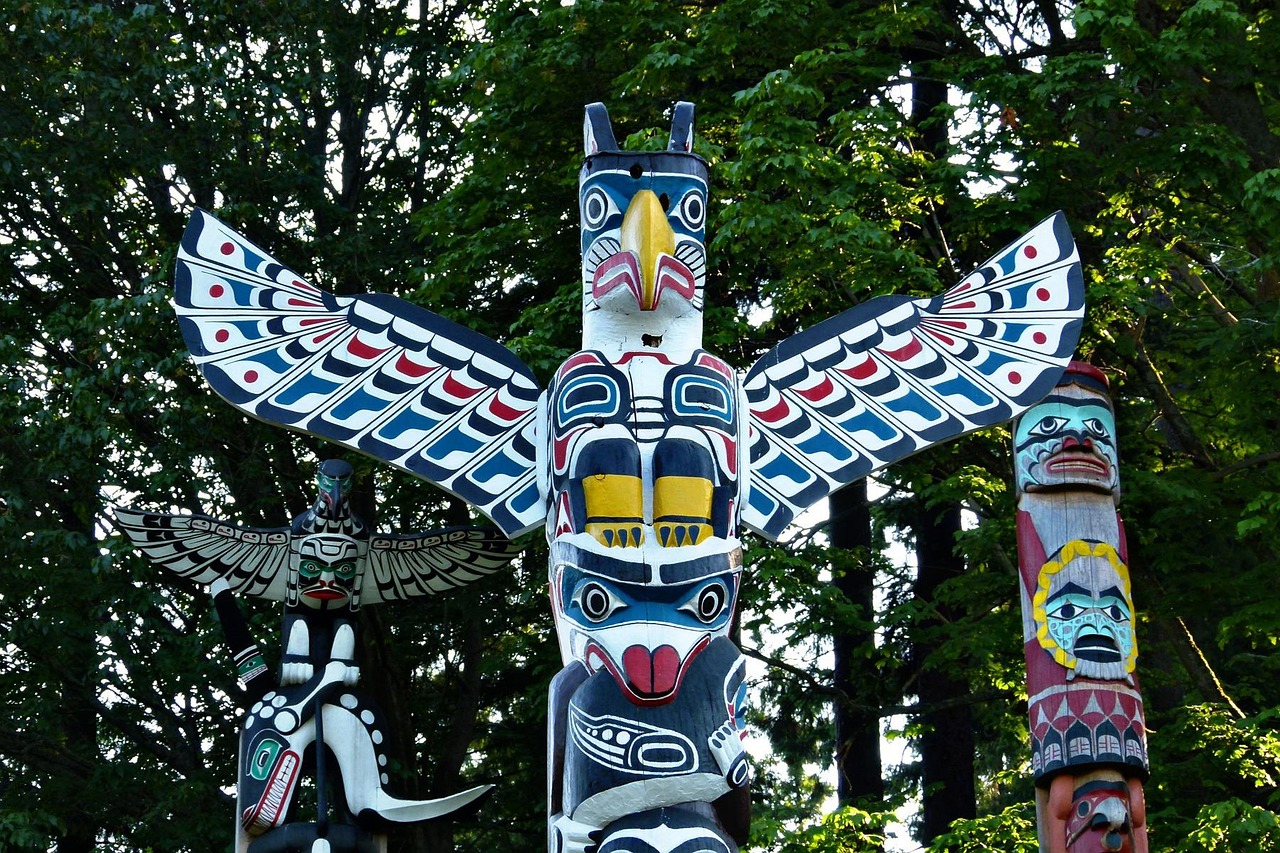The rain fell straight and cold across the coast, the way it always does when the Pacific has something heavy to say. Out on the unceded lands of British Columbia, a courtroom ruling has stirred up an old question that Canada once believed it had settled with order, patience, and civility. But the decision cuts deeper than a legal brief. It goes right to the bedrock of the country itself.
The claim is simple in its phrasing and immense in its consequence: a First Nation asserts that a vast stretch of territory—land never ceded by treaty or sale—remains under the authority of its hereditary chiefs. Not the elected councils shaped by the Indian Act. Not the provincial or federal governments. But the old governance, the one rooted in bloodlines, oral tradition, and long memory.
In British Columbia, much of the map remains unceded. So too in parts of the East. These facts are not new. What is new is the growing legal force behind hereditary claims that bypass both Ottawa and the Indian Act system. A court ruling this month tipped the balance even further, recognizing hereditary authority in a way that may be the most consequential shift in Canadian property law in half a century.
And that is why British Columbia must appeal.

Canada’s history is not one of conquest. There was no great war of occupation here. No storming of capitals. No foreign army holding down a broken people. Settlement came by negotiation and alliance, imperfect as any human story, but far from the forced dispossession that scars other continents. Canada was not stolen—it was built, piece by piece, with agreements meant to hold.
But the new ruling tears at that fabric. It elevates hereditary systems above modern governance structures recognized for generations. It opens the door to overlapping, competing authorities. And it raises questions that no investor, no property owner, and no government can ignore.
If hereditary claims—uncodified, unwritten, and unlimited in geographic scope—can supersede elected leadership and established Crown jurisdiction, then the foundation of Canadian land title trembles. Markets do not withstand uncertainty. Capital will not stay where ownership is contingent on political memory or ancestral succession.
British Columbia’s duty is not to deny Indigenous rights. It is to provide clarity, stability, and a path forward that respects both tradition and the rule of law. An appeal is not resistance—it is responsibility. The Supreme Court must decide where the lines of authority begin and end. Without that, neither industry nor government nor First Nations themselves can operate with certainty.
Hereditary systems carry dignity. But so does the constitutional order. Reconciliation requires a bridge between the two, not a collision.
Out on the coast, the rain keeps falling. The mountains keep their silence. But in the courts, in the legislature, and in the boardrooms where investment decisions are made, the storm is only beginning.
Invest Offshore: In a world of shifting claims and contested jurisdictions, clarity in law is the foundation of secure investment. British Columbia must appeal—not to turn back history, but to steady the future.
Totem Poles Image by Brigitte Werner from Pixabay

Leave a Reply